Advocacy groups are urging individuals to take action to help prevent the passage of a Senate Energy and Water Development bill which contains amendments that seek to limit the ability of the EPA and Army Corps of Engineers to enforce regulations established by the Clean Water Act. The bill, proposed by senators John Barrasso (R-WY) and Dean Heller (R-NV), establishes provisions that would prevent the two agencies from altering or updating guidelines that define what types of water bodies are protected by the Clean Water Act.
The amendments in the bill, H.R. 2354, were drafted as a response to efforts by the Army Corps of Engineers and the EPA to draft new rules and regulations which clarify what water bodies fall under the Clean Water Act's protections. These agency efforts to reduce ambiguity concerning what water bodies are protected are a direct result of a series of Supreme Court Decisions and directives by the Bush administration which introduced the uncertainty. Specifically, ambiguity was recently introduced regarding whether certain wetlands and water bodies that may run dry during certain seasons or drought conditions are considered protected by the Clean Water Act.
The language of the amendments proposed by Barrasso and Heller aim to put a stop to these efforts to clearly identify what water bodies are and are not protected. Scientists and clean water advocates have voiced clear concerns citing research which demonstrates that preventing the EPA and Army Corps of Engineers from properly enforcing the Clean Water Act could have severe consequences. The inability of these agencies to establish clear rules on what water bodies are protected would allow water bodies which provide vital fish and wildlife habitat as well as water bodies that have direct influence on the drinking water supply of over 100 million Americans to fall out of the protections of the Clean Water Act.
One group, American Rivers, is staging a social media campaign in which citizens are urged to contact their senator via Twitter, Facebook or both. Other groups, such as the National Resources Defense Council, are also urging concerned individuals to contact their representative and have built online resources designed to provide a cohesive set of information on the current issues surrounding the Clean Water Act.





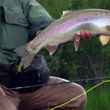


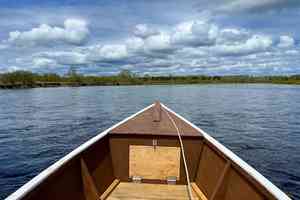



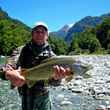
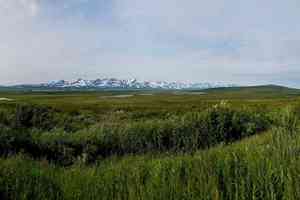

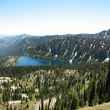
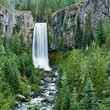










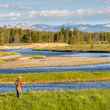
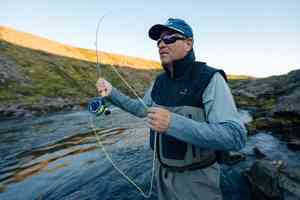




Comments